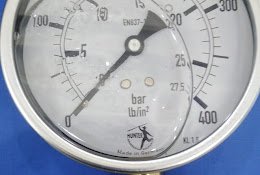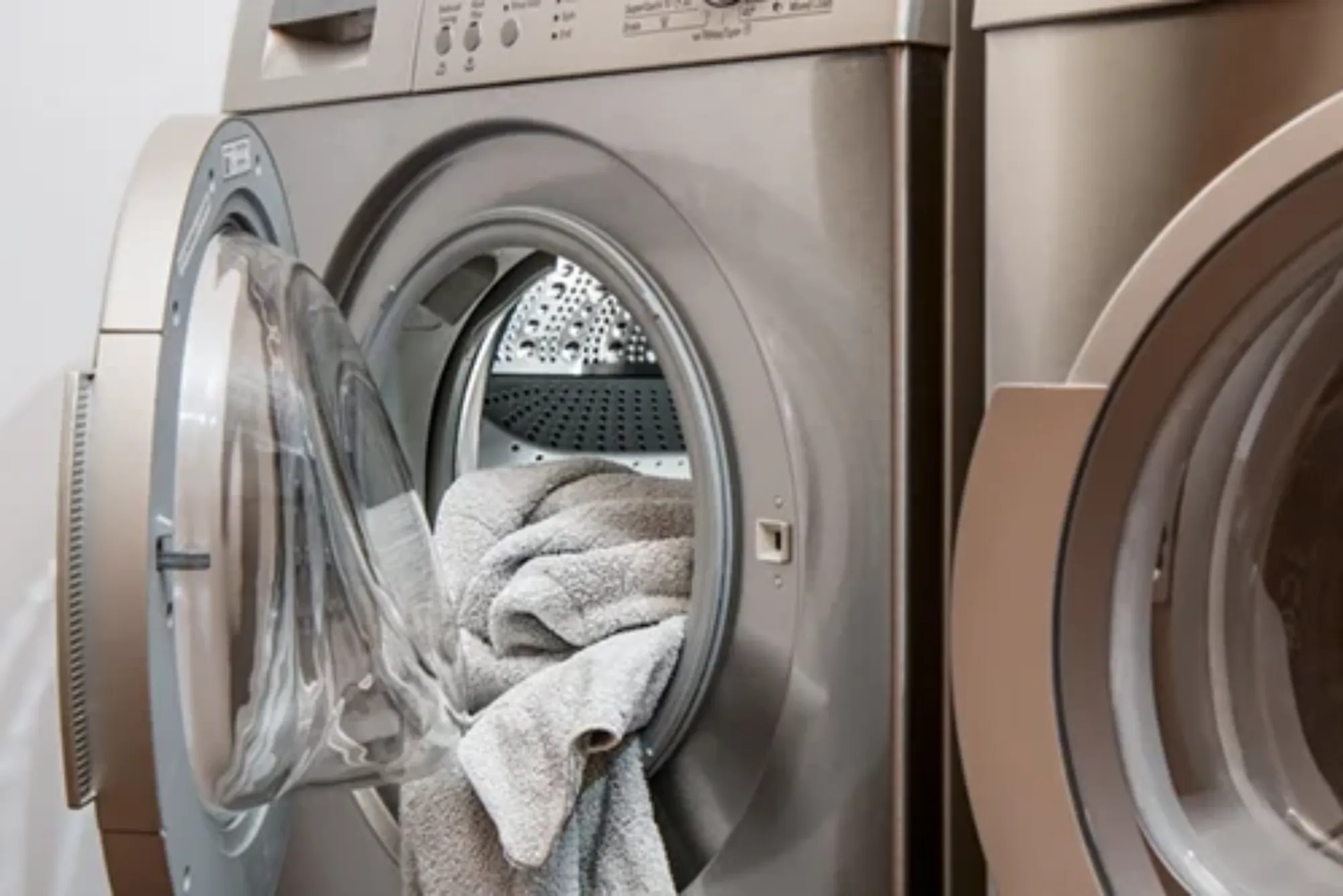It may not be very pleasant when your Ford won’t start, especially if you don’t know what’s causing it. Knowing the underlying causes of this problem can enable you to diagnose and maybe resolve it on your own, or at least offer helpful information to a technician at Ford Repair in Dubai. Here, we examine the most frequent causes of Ford’s non-starting issues, including electrical and mechanical problems.
Battery Issues
A dead battery is the most frequent cause of a car, even a Ford, not starting. Many factors can cause batteries to fail:
Dead Battery: Leaving lights or other electrical devices on for a long time can frequently lead to a dead battery. An old battery may not keep a charge as long.
Corroded Battery Terminals: By blocking the passage of electricity, corrosion on the battery terminals might make it difficult for the automobile to start.
Loose Battery Connections: Damaged or loose battery cables can also prevent an electrical current from reaching the vehicle’s starter.
Bad Alternator: A failed alternator may prevent the battery from charging correctly, which will result in a weak or dead battery.
Solution
First, a multimeter is used to measure the voltage of the battery. About 12.6 volts is what an ultimately charged battery should indicate. Make sure all connections are tight and clean the terminals of any corrosion. The battery may need to be replaced if it is old or damaged.
Starter Motor Problems
The automobile won’t start if the starter motor, which is in charge of starting the engine, breaks down.
Worn-Out Starter Motor: The starter motor may eventually wear out and stop working.
Problems with the Starter Solenoid: The starter’s solenoid may malfunction and stop the starter from engaging.
Electrical difficulties: Wiring difficulties pertaining to the starting motor may give rise to issues.
Solution
When you turn the key and hear a clicking sound, there may be an issue with the solenoid or starting motor. In this situation, it could be essential to test them or speak with a qualified mechanic.
Ignition Switch Failures
Any issues with the ignition switch might prohibit your Ford from starting, which is essential for getting the automobile started.
Ignition switch malfunction: The ignition switch may malfunction due to deterioration over time.
Wiring Issues: The automobile may not start if the wiring attached to the ignition switch is damaged.
Solution
If you turn on the key and the dashboard lights do not illuminate the ignition switch, that may be the problem. It may be necessary to test and replace the ignition switch.
Fuel System Issues
Another frequent cause of starting troubles in Ford vehicles is fuel system malfunctions.
Empty gasoline Tank: It’s a good idea to make sure you have adequate gasoline in your vehicle.
Clogged Fuel Filter: When an engine’s fuel supply is restricted, starting the engine might be impossible.
Failed Fuel Pump: The fuel pump is responsible for delivering fuel from the tank to the engine. If it fails, the engine won’t get the gasoline it needs to start.
Issues with Fuel Injectors: Damage to the fuel injectors may stop the engine’s fuel supply from working.
Solution
Ensure there’s enough fuel in the tank. If you suspect a fuel system issue, you may need to test the fuel pressure and inspect the fuel filter, pump, and injectors. Replacing a clogged filter or a failed pump can resolve the issue.
Ignition System Problems
Any problems with the ignition system might prohibit your Ford from starting the engine, which is essential for engine starting.
Problematic Spark Plugs: Damaged or worn-out spark plugs may prevent the engine’s fuel-air combination from igniting.
Bad Ignition Coil: Ignition coils that need to be fixed transform the electricity from the battery into the high voltage required to ignite sparks at the spark plugs. Faulty coils might cause problems starting.
Distributor Issues: In earlier Ford models, an inoperable distributor may make it impossible for the vehicle to start.
Solution
Inspect and replace faulty spark plugs or ignition coils. In older models, check the distributor and its components. Regular maintenance of the ignition system can prevent many of these issues.
Security System Issues
Modern Fords come with sophisticated security features that can make it impossible for the vehicle to start.
Broken Key Fob: The automobile may not detect the key if the fob’s battery is dead or it is not working correctly.
Immobilizer Issues: The system keeps the vehicle from starting without the proper key. This system may have problems that make it impossible for the car to start.
Solution
Ensure the key is correctly programmed, and change the battery in the key fob. If the immobilizer is malfunctioning, seeking expert advice may be necessary.
Computer and Sensor Problems
Fords and other modern cars mostly rely on computers and sensors. If there are any problems with these, the automobile may not start.
Engine Control Unit (ECU) fault: The ECU regulates several engine functions. The automobile might not start if it malfunctions.
Bad Sensors: Several sensors, including position sensors for the crankshaft and camshaft, are essential to engine starting. This sensor failure might prevent the automobile from starting.
Solution
Computer and sensor problems can be challenging to diagnose, and specialist tools are frequently needed. To find the issue, use an OBD-II scanner to look for error codes. As necessary, fix or swap out malfunctioning sensors or the ECU.
Timing Belt or Chain Issues
The timing belt or chain keeps the engine’s valves and pistons in synchronicity. Should it fracture or skip a tooth, the engine will not start.
Broken Timing Belt/Chain: An engine that has a broken timing belt or chain will not start and may sustain serious damage.
Timing problems: If the belt or chain skips a tooth, the engine’s timing may become thrown off, making it impossible for the engine to start.
Solution
If you suspect a timing belt or chain issue, consult a professional mechanic immediately. Replacing a broken timing belt or chain can be costly and time-consuming.
Electrical System Problems
Your Ford may not start due to electrical problems other than those involving the battery and starter.
Blown Fuses: When a fuse blows, electricity cannot reach vital parts of the automobile that are required for ignition.
Wiring problems: Corroded or damaged wiring might obstruct the passage of power, making the automobile impossible to start.
Solution
Examine the fuses and change any that blow. Examine the wiring for indications of deterioration or rust, then replace or repair as needed.
Air Intake System Issues
The air intake system is essential for ensuring that the engine receives the right amount of air. If there are any problems with this, the automobile may not start.
Clogged Air Filter: When an engine’s airflow is restricted, starting the engine might be impossible.
Issues with the Mass Air Flow (MAF) Sensor: The MAF sensor detects the volume of air entering the engine. If it malfunctions, the engine might not start.
Solution
If required, clean or replace the MAF sensor and a clogged air filter.
Preventive Measures
Regular upkeep and inspections are crucial to preventing the annoyance of an upstarting car:
- Make sure the battery is tested frequently and replaced as needed.
- Follow the manufacturer’s recommendations for changing the ignition coil and spark plugs.
- Make sure the fuel pump is operating correctly, and change the fuel filter regularly.
- Make routine checks of the connections, wiring, and fuses.
- Check for fault codes on a regular basis using an OBD-II scanner.
- Replace the air filter in accordance with the manufacturer’s instructions.
In summary
By being aware of the typical causes of your Ford not starting, you may avoid wasting time and money. Faster diagnosis and repair are made possible by having a solid understanding of potential issues, regardless of how complicated the problem may be—from a dead battery to a malfunctioning ECU. Many of these problems may be avoided by giving your automobile regular maintenance and paying attention to how it performs. It is usually a good idea to visit a professional technician if you are unable to identify or solve the issue yourself.








